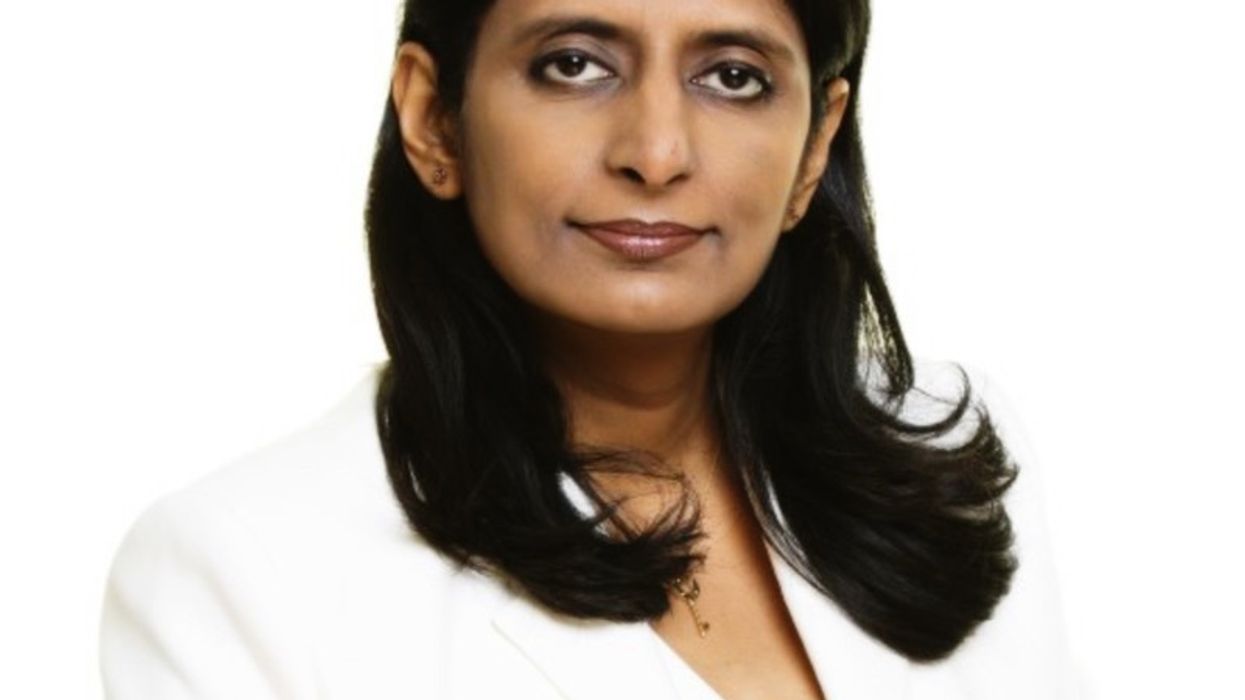BT’s technology chief has ignited a contentious debate by drawing a parallel between workers threatened by AI and horses replaced by cars.
The global telecommunications firm's chief digital and innovation officer, Harmeen Mehta described the impact of AI on employment as 'part of evolution'.
"I don't know how horses felt when the car was invented, but they didn't complain that they were put out of a job; they didn't go on strike. Some jobs will change, some new ones will be created, and some will no longer be needed," she was quoted as saying in an interview with Raconteur magazine.
The comparison, made in the context of BT's plan to cut up to 55,000 jobs by 2030, has drawn criticism from union leaders who view it as undermining workers' rights.
According to reports, around one-fifth of the company's employees are expected to be replaced by AI. The technology is slated to be predominantly deployed in the customer service division, a move endorsed by outgoing CEO Philip Jansen, who anticipates significant cost savings.
While Mehta downplayed the media's portrayal of AI dangers, emphasising societal changes and job evolution, she urged individuals to retrain to avoid automation-induced unemployment.
She warned, "Every job that exists today won't exist in exactly the same form in the future. The people who reskill themselves will have jobs, at this company or another, while those who don't might not. That is simply part of the evolution of society."
She added, “The media here is creating a level of paranoia that’s going to paralyse this country – it creates more emotional problems for me than I do for myself. I’ve spent the past two years trying to convince my company that human intelligence and artificial intelligence can work together.”
Mehta's remarks triggered accusations that she was questioning workers' intelligence and diminishing their right to strike.
The Communication Workers Union, representing numerous BT employees, defended the right to strike as a hard-won human right, urging serious discussions on AI that respect workers' concerns and ensure reasonable protection.
A spokesperson for BT Group clarified that Mehta used the metaphor to emphasise a point and highlighted the historical pattern of acquiring new skills and creating new jobs during technological shifts. The company expressed its commitment to enabling skill development as human and artificial intelligence collaboratively shape the future workforce.
Having previously served as the chief information officer at the Indian telecom firm Bharti Airtel, Mehta joined BT in 2021 with the goal of revitalising the digital strategy of the former state monopoly.





